Trump's war rhetoric against Iran to impose heavy costs on US and allies: Analyst
By Farzaneh Ashoorioun
US President Donald Trump’s recent interview, in which he threatened to attack Iran if it does not agree to his interpretation of the nuclear deal, has stirred up a major controversy.
Iranian leaders warned against any foolhardy military adventure against the Islamic Republic, vowing to target American military assets scattered across the West Asia region and beyond.
We spoke to Ashkan Mombeini, an Iranian political and foreign affairs analyst, on the US president's war rhetoric and its potential consequences for global peace.
Q. What are the implications of US President Donald Trump’s recent threats against Iran for regional and international security?
A. Donald Trump, by intensifying his threats against Iran, has once again adopted the maximum pressure policy. In his recent interview with NBC, he explicitly spoke about the possibility of bombing Iran if a nuclear agreement is not reached.
This aggressive rhetoric not only has the potential to push the region to the brink of a serious crisis and is unjustifiable under international law, but it would also impose heavy costs on the US and its allies in the region. The experience of past wars, from Vietnam to Afghanistan and Iraq, has shown that attacking independent nations without considering the consequences often leads to strategic failures and prolonged crises.
Diplomatically speaking, such threats could further isolate the US in the international community. Many of America’s European allies, and even some regional players, have little interest in engaging in another conflict in West Asia, and such actions could weaken Washington’s policies.
Trump’s threats will not force Iran into submission; instead, they will escalate tensions in the region. Ultimately, this approach will be detrimental to the US and its allies, as Iran has repeatedly demonstrated that it will respond to any aggression with a decisive and costly retaliation.
Q. Why has Trump typically pursued aggressive policies against Iran?
A. Trump has typically pursued aggressive policies aimed at exerting maximum pressure on Iran. His objectives include forcing Iran to make concessions in nuclear negotiations, reducing Iran’s regional influence, securing the support of regional allies (such as the Israeli regime and Saudi Arabia), and strengthening his domestic standing among hardline factions in the US. These actions may serve both diplomatic bargaining and electoral goals.
"Hands Off" protests are underway in Washington DC, and other cities across the US against Trump's foreign and domestic policies. pic.twitter.com/VteAE57z6y
— Press TV 🔻 (@PressTV) April 5, 2025
Q. Why have some European countries opposed the US approach to Iran?
A. During Trump's presidency, his policies against Iran received full support from Israel. However, on a global scale, especially among European countries, divisions emerged. The European Union supported the JCPOA (Iran nuclear deal) and opposed some of the US sanctions, yet it still maintained a generally hostile stance toward Iran. Meanwhile, China and Russia adopted independent positions and continued their cooperation with Iran.
Q. What message does Iran’s response to US threats send to Washington and its allies?
A. Iran’s response to these threats was, as expected, swift and firm. Leader of the Islamic Revolution Ayatollah Seyyed Ali Khamenei in his Eid al-Fitr sermon emphasized that any hostile action by the US would be met with an immediate and decisive response.
Iranian military officials have repeatedly warned that American bases in the region are highly vulnerable and that any military adventurism by Washington would have far-reaching consequences.
Q. Have the US and its allies properly assessed the costs of military action against Iran?
A. Militarily, Iran is not only in a defensive position but also possesses significant deterrence capabilities. The development of missile technology, the expansion of drone power, and mastery of asymmetric warfare strategies all contribute to Iran’s deterrent strength.
Past experiences have shown that US threats have not forced Iran to retreat. On the contrary, they have further motivated the country to enhance its defense capabilities and counter-strategies.
Q. How have US sanctions strengthened Iran’s relations with China and Russia?
A. New US sanctions could strengthen Iran’s relations with Eastern powers. China and Russia are seeking to reduce the dominance of the US dollar in global trade and expand their ties with countries under American sanctions.
As a strategic partner, Iran can enhance its economic, military, and political cooperation with these nations. However, the extent of China and Russia’s practical support will ultimately depend on their geopolitical and economic interests.
✍️ Conversation - Trump’s letter not an olive branch but a pressure tactic against Iran: Sr. Lawmaker https://t.co/ZydaDcnfK0 pic.twitter.com/3jI0jcloQZ
— Press TV 🔻 (@PressTV) March 31, 2025
Q. What are the potential consequences of US-Iran tensions for regional and international security?
A. These tensions could have several significant implications for regional security and the international system:
- Increased risk of conflict: If US threats materialize and Iran responds with countermeasures, the Persian Gulf region may witness an escalation of military confrontations.
- Economic instability and rising energy prices: Any conflict in the Persian Gulf would directly impact oil prices and global energy security. This could lead to economic instability on a global scale.
- Divisions among global powers: The US, European countries, Russia, and China each have different approaches to this crisis. Escalating tensions could affect their relations and diplomatic strategies.
- Strengthening the regional arms race: These tensions may lead to increased military spending in the region, prompting Persian Gulf states to expand their defense and security capabilities.
To sum it up, tensions between Iran and the US not only threaten regional security but also have far-reaching consequences for the global economy and international relations.
While the UN Security Council could play a crucial role in de-escalation, deep divisions among its permanent members make a swift and effective resolution unlikely. Therefore, reducing tensions will primarily depend on diplomacy among regional and global powers.
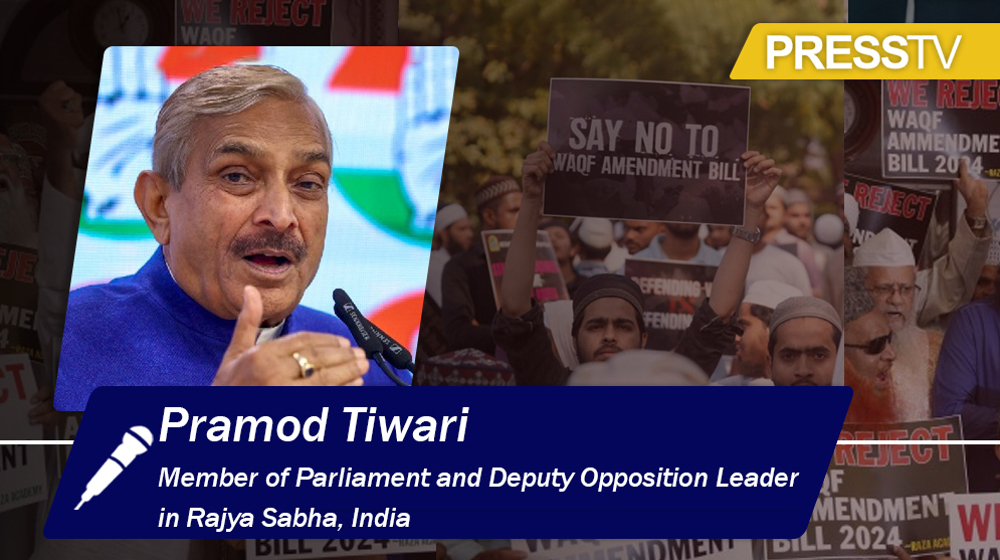
Waqf Bill not just an attack on Indian Muslims but on India’s constitutional fabric: MP
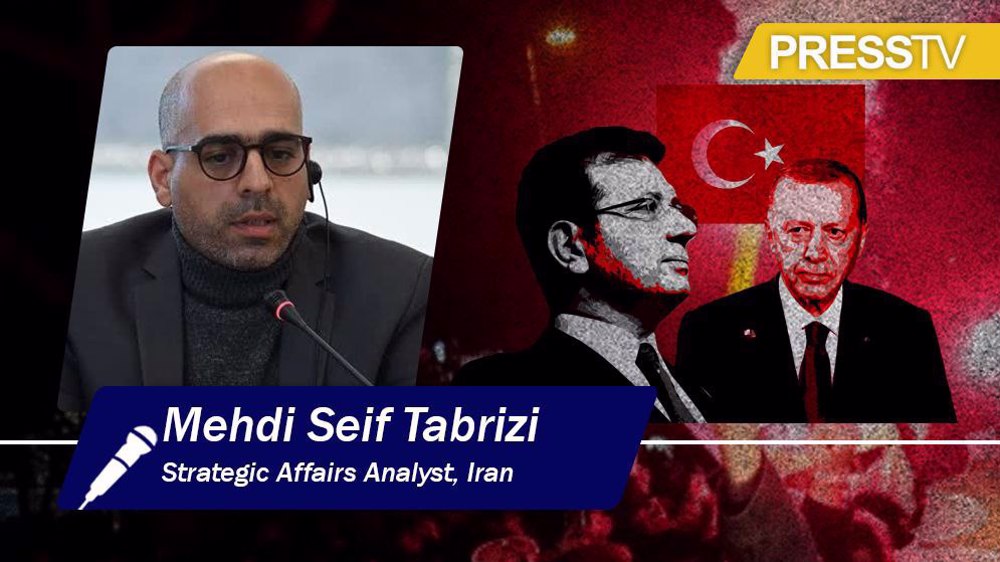
Turkey’s political unrest to significantly weaken Erdoğan’s grip on power: Analyst
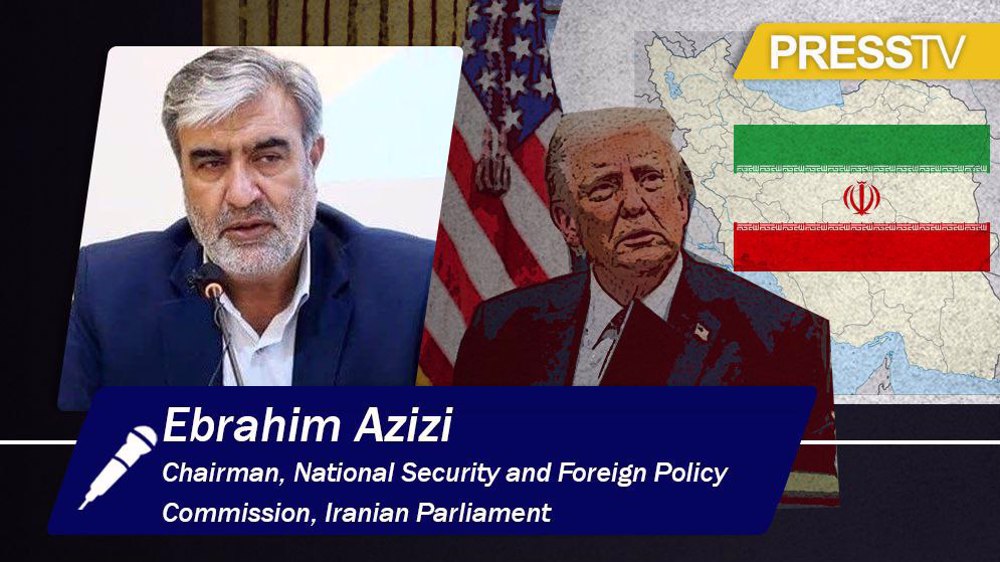
Trump’s letter not an olive branch but a pressure tactic against Iran: Sr. Lawmaker
Iran, Armenia to hold joint military drills to bolster border security, combat terrorism
VIDEO | Displaced by Israeli assault: A mother’s fight for her children’s survival in Jenin
Unprecedented: Hamas launches legal case in Britain to remove ‘terror’ label
Trump announces 90-day pause on tariffs but raises China levies to 125%
OIC censures Israel for decision to close 6 UNRWA schools in al-Quds
VIDEO | At least 8 civilians killed in latest US airstrikes in Yemen
US war on Yemen risks draining arms Pentagon would need to deter China: Report
60,000 Palestinian children starve as Israel continues blockade of Gaza


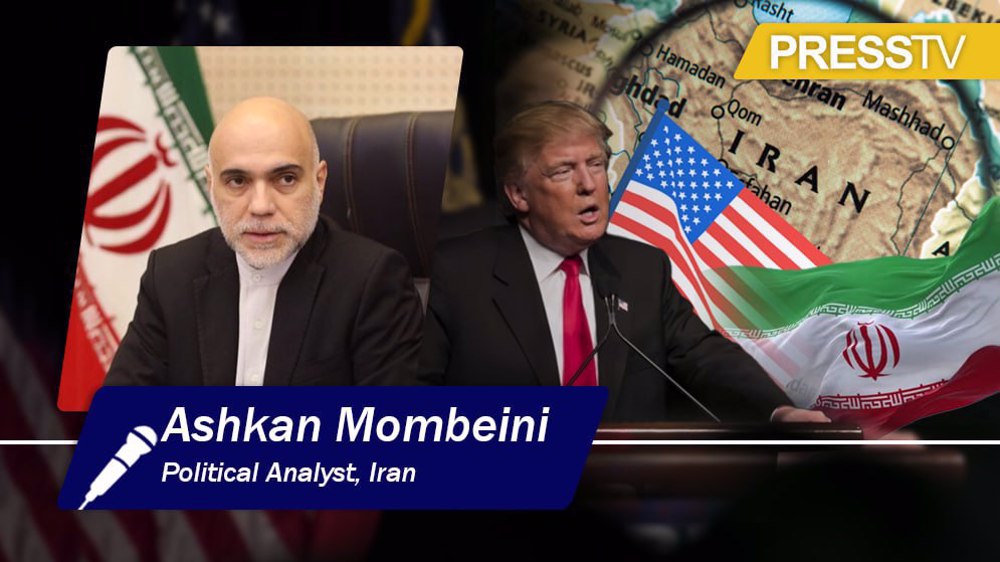



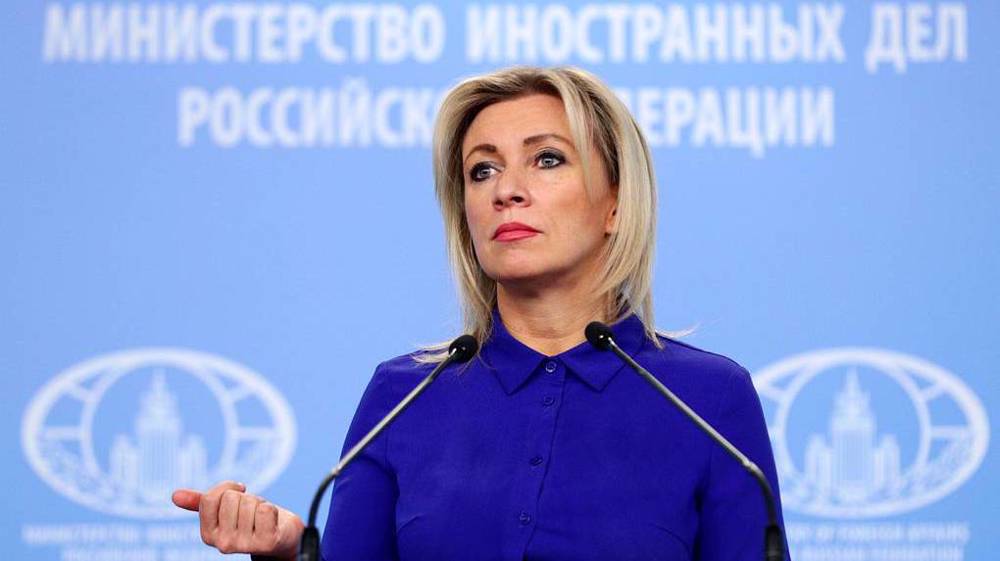
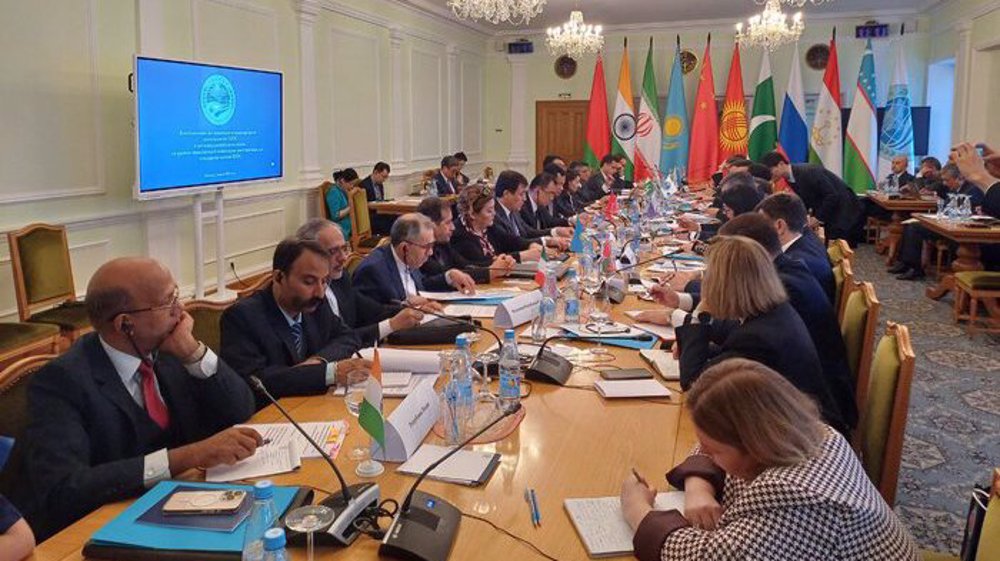
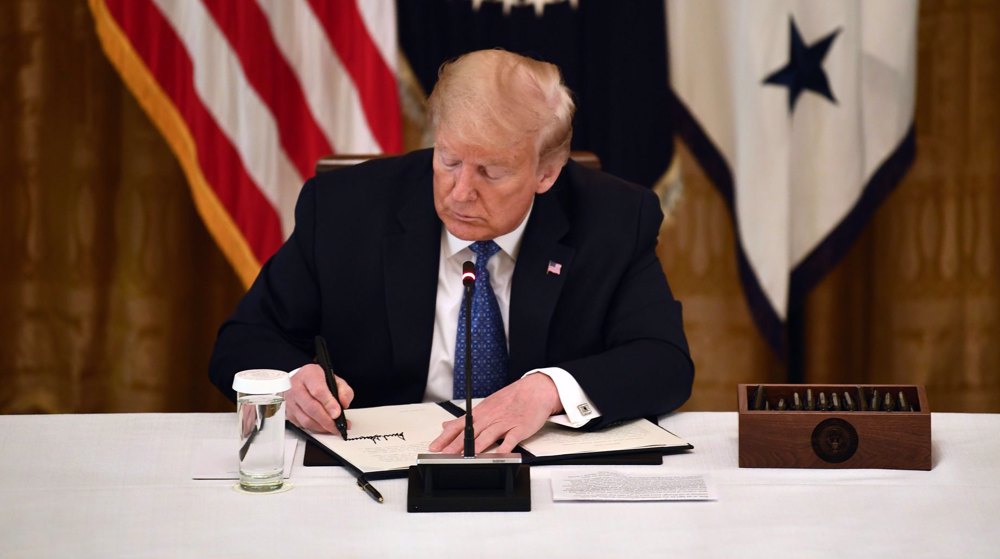
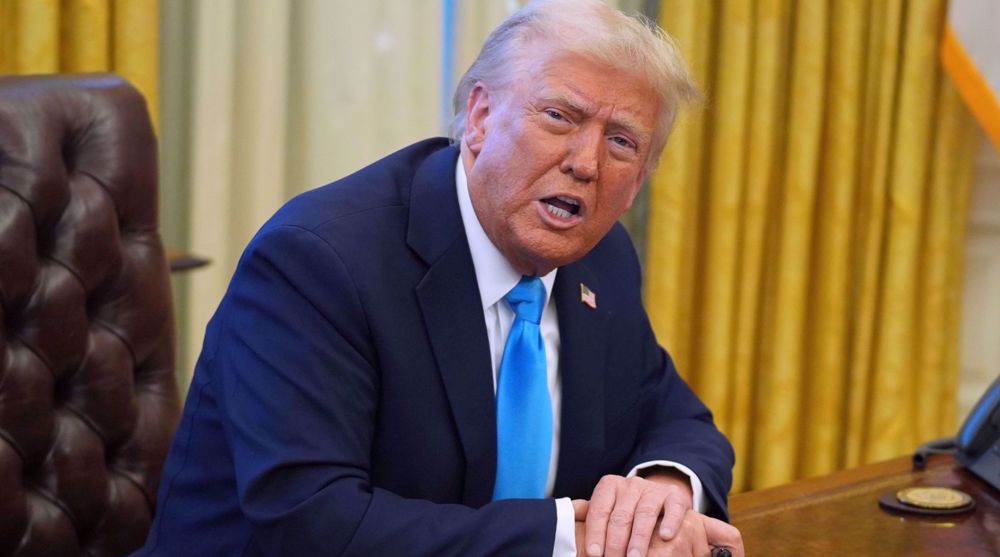
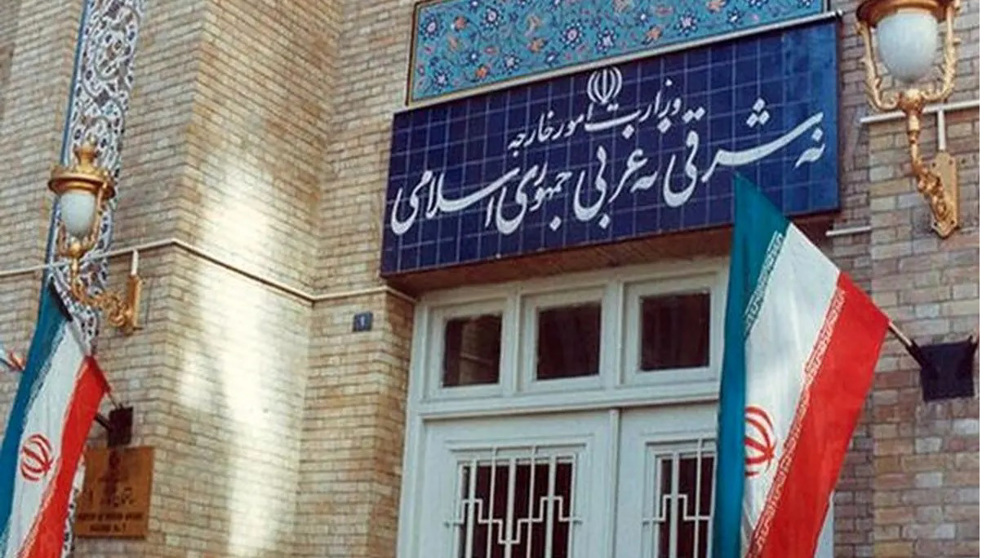
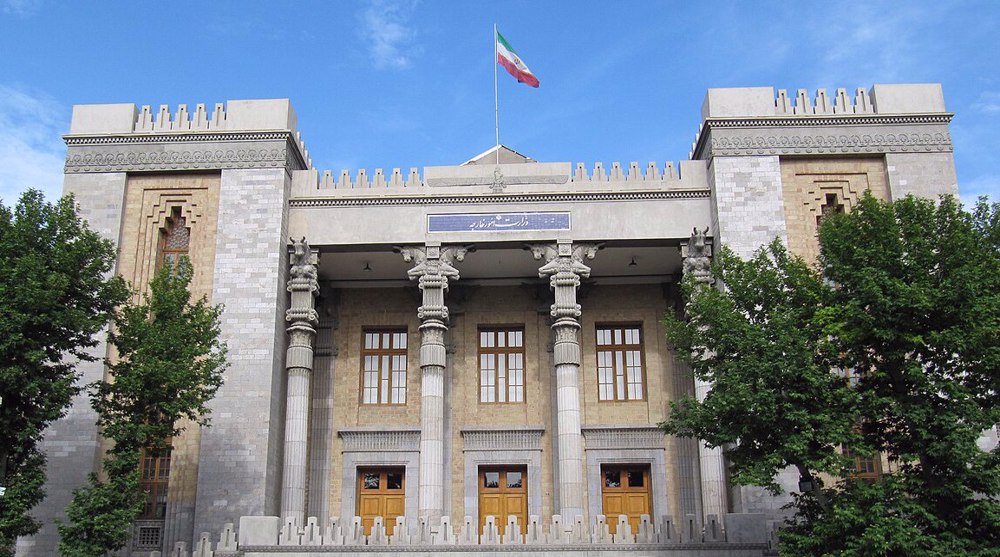

 This makes it easy to access the Press TV website
This makes it easy to access the Press TV website